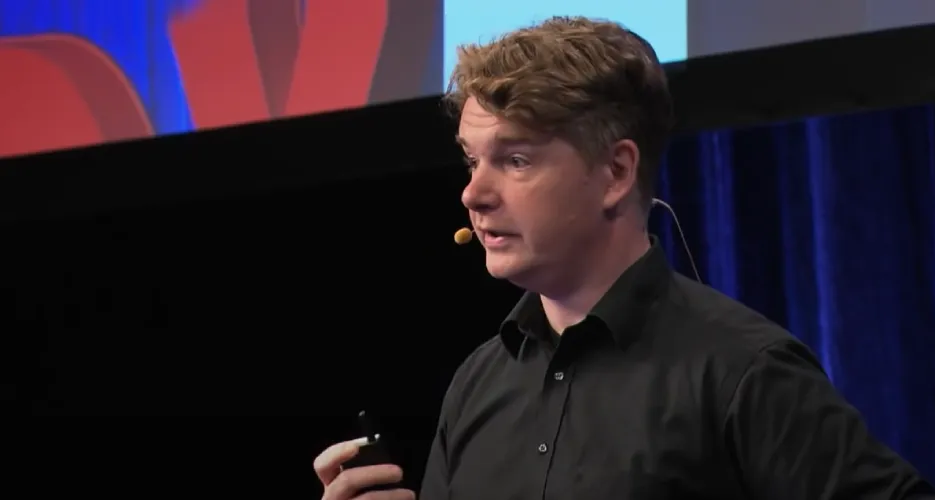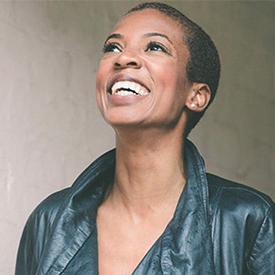John-Dylan Haynes is a leading neuroscientist known for his pioneering research into the neural mechanisms underlying human cognition. Current Director of the Berlin Centre for Advanced Neuroimaging, John-Dylan has made significant contributions to our understanding of conscious thought and decision-making over the course of his career. With a captivating ability to translate complex neuroscience into engaging, thought-provoking discussions, he is highly sought after for his expertise. His TEDxTalk, Mind Reading with Brain Scanners, is a prime example of his ability to make groundbreaking scientific ideas accessible and intriguing to audiences worldwide.
John-Dylan began his academic journey studying psychology and philosophy at the University of Bremen, later obtaining his PhD from the Institute of Biology. Fascinated with the idea of conscious will, John-Dylan has designed and performed modern interpretations of the Libet experiments and provided critical insights into whether decision-making is automatic or under conscious control, a question that challenges our fundamental understanding of free will. In 2007, John-Dylan made one of his most remarkable discoveries when he demonstrated that volitional decisions could be predicted up to 12 seconds before they reach conscious awareness.
In 2005, John-Dylan joined the Max Planck Institute for Cognitive and Neurosciences as the Head of the Research Team, and became Professor of Theory and Analysis of Long-Range Brain Signals at the Bernstein Centre for Computational Neuroscience in 2006. His research has shaped how we think about volitional thought and cognitive processes and his contributions to brain-computer interface research were recognised in 2016 with a Brain-Computer Interface Award.
John-Dylan Haynes is hired as a speaker for his unique ability to connect cutting-edge neuroscience with real-world applications, challenging audiences to rethink what they know about consciousness and free will. His insights are particularly valuable for leaders, innovators, and organisations exploring the intersection of human cognition and technology, making him a standout figure in both academia and the corporate world.









